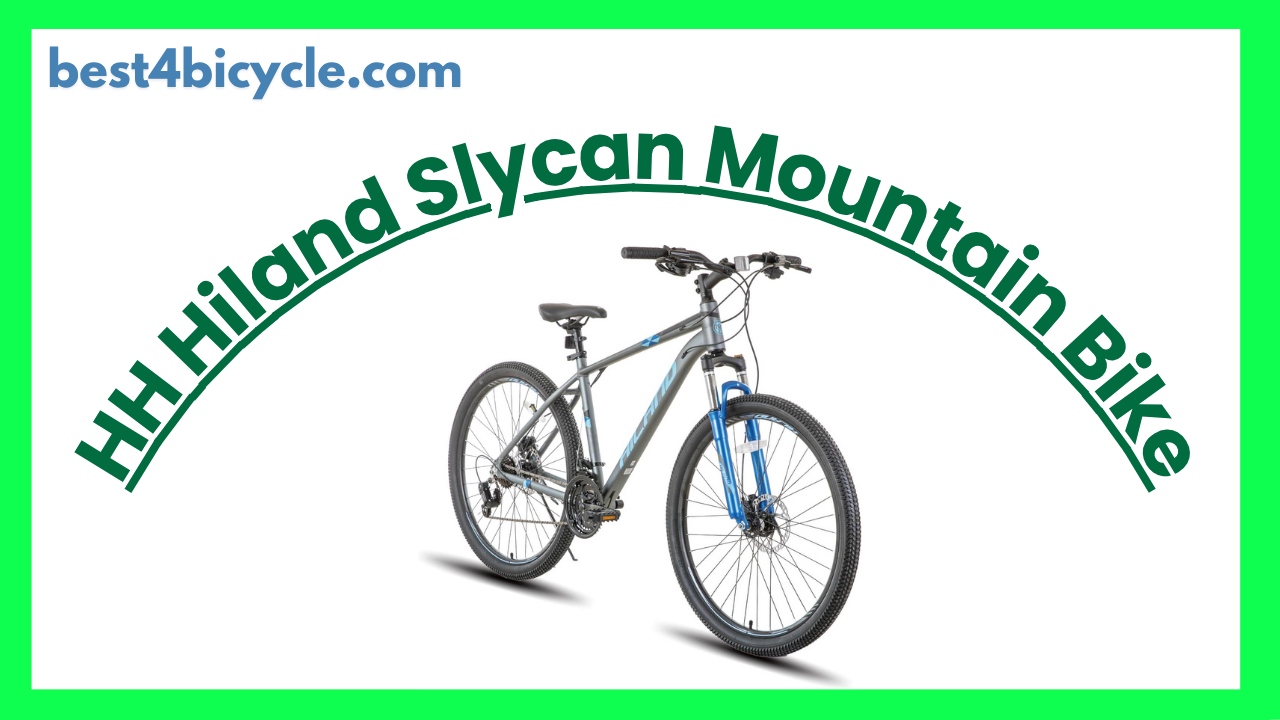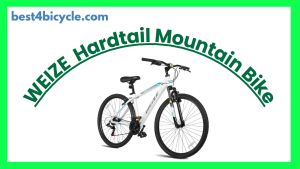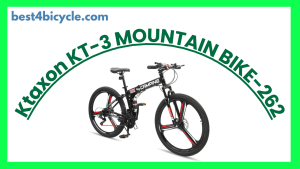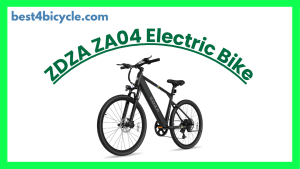Here’s a detailed look at the HH Hiland Slycan 27.5‑inch Mountain Bike, based on official listings and user feedback:
🔧 Key Features & Specs
- Frame: Ultra-light aluminum alloy (likely 6061), with internal cable and brake hose routing for protection and cleaner look
- Wheel & Tires: 27.5″ wheels equipped with XC-style tires (~2.1″ wide) on double-wall alloy rims for puncture resistance and good grip
- Suspension Fork: 80 mm lock-out suspension front fork dampens shocks and can be locked out for efficient uphill or road riding
- Drivetrain: Typically offers 21 speeds (3×7) or 27 speeds (3×9, depending on spec/region), for versatility across terrain
- Brakes: Dual hydraulic disc brakes, offering stronger and more consistent stopping compared to V‑brakes
- Assembly: 85–90 % pre-assembled; tools and basic instructions included; expect a 20–30 minute assembly process
- Weight & Fit: Approx. weight around 37–44 lb (~17–20 kg). Frame size commonly ~18″ fits riders ~5′8″–6′2″ (168–188 cm)
- Warranty/Support: Some listings claim lifetime limited warranty and 24-hour support on business days
✅ What’s Good
- The aluminum frame with internal routing helps offer decent corrosion resistance and cleaner aesthetics for a budget bike
- Hydraulic disc brakes are a notable step above mechanical options at this price point
- The lock-out suspension fork brings flexibility—absorbing jarring terrain but locking stiff for efficient rides on smooth roads
- Good for light cross‑country, trail commuting, and entry-level mountain terrain when maintained well
⚠️ Reported Issues & Limitations
🔍 Quality & Reliability
- Multiple Reddit users warn the brand can be unreliable. One user reported purchasing a Slycan with only the frame and wheels included—no pedals, saddle, toolkit, reflectors, or QR lever—and getting no response from support
- Another biking forum described Hiland bikes as offering poor stem shifting and cheap brake components, more akin to “big-box” bikes with inflated prices
- Where tested, Hiland models were considered suitable for gentle gravel or urban greenways only—not technical trails or aggressive riding
🛠️ Assembly & Adjustment
- Shifters and derailleurs often arrive unadjusted, which can be a frustrating setup hurdle for new riders Gear Bikes ReviewReddit.
- Pedals reportedly thread into very soft crank arms, increasing risk of stripping with normal use
🧾 Summary Table
| Feature | Details |
|---|---|
| Frame & Material | 6061 Aluminum, internal cable routing |
| Wheels/Tires | 27.5″ × 2.1″ XC tires, double-wall alloy rims |
| Suspension Fork | 80 mm lock-out adjustable fork |
| Gearing | 21-speed (3×7) or 27-speed (3×9) options |
| Brakes | Hydraulic disc (front and rear) |
| Fit & Weight | ~18″ frame, fits ~5′8″–6′2″; ~37–44 lb |
| Setup | 85–90% assembled; tools included |
| Warranty Cover | Claimed lifetime limited warranty |
| Known Concerns | Incomplete shipments, crude build quality, stem shifting, poor support |
| Best For | Budget entry-level XC, commuting, leisure trail riding |
| Not Suitable For | Rugged off-road trails or long-term reliability needs |
🎯 So, is it Worth It?
For an entry‑level cross‑country bike or casual commuter on a budget, the Slycan’s spec sheet—hydraulic brakes, lock‑out fork, internal routing—is impressive for the price. But buyer beware: frequent reports of poor quality control, missing parts, and poor customer service make it a risky option unless you’re tech‑savvy and accepting of potential assembly hassles or part sourcing yourself.
If you value consistent reliability, serviceability, and quality components, even a used mid‑range bike from a trusted brand (like Trek, Giant, or used Marlin/Fathom) may deliver longer-term value.




